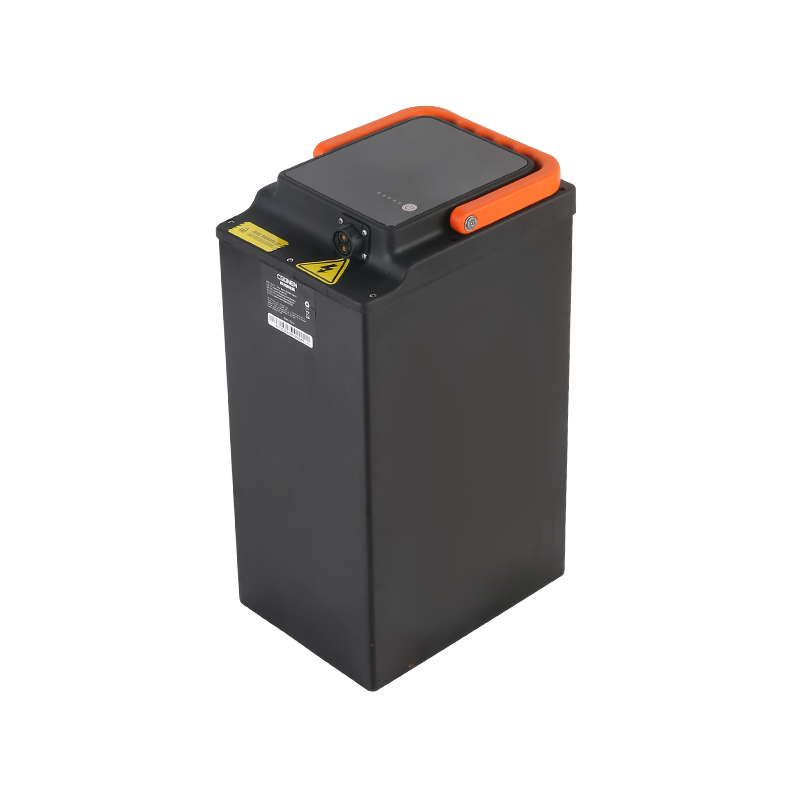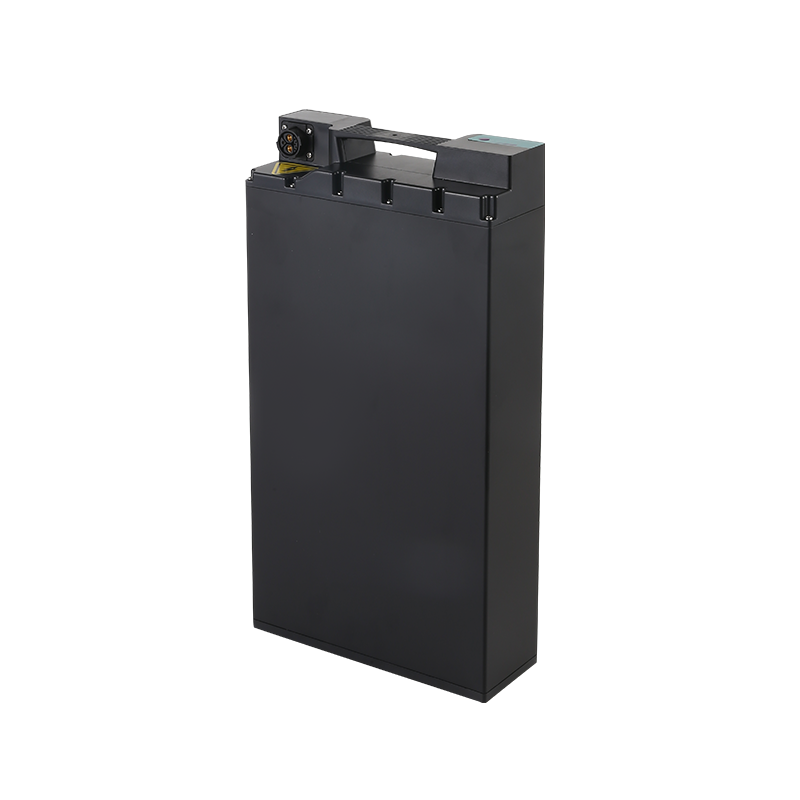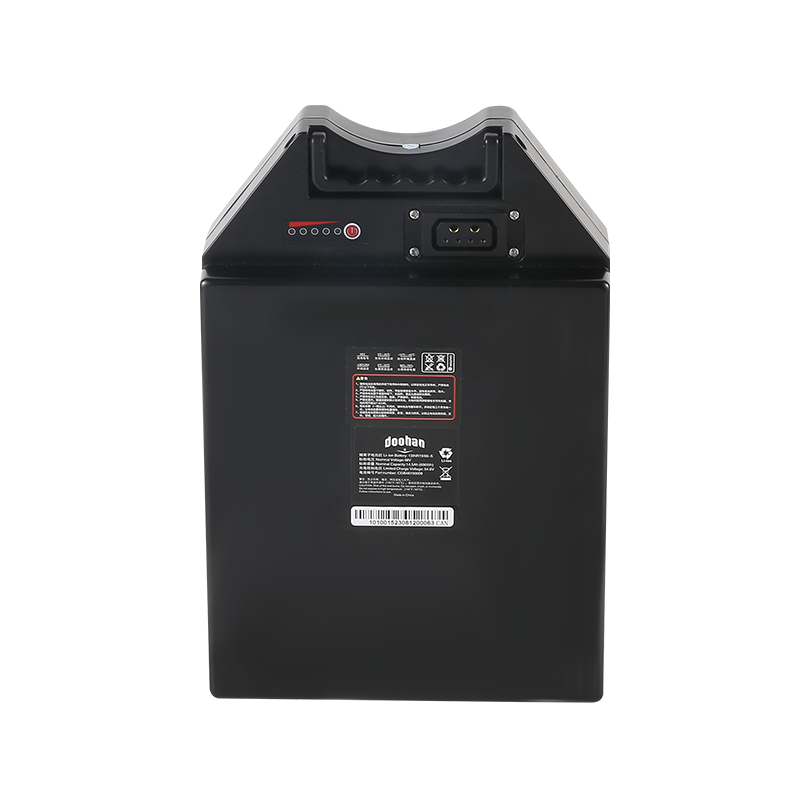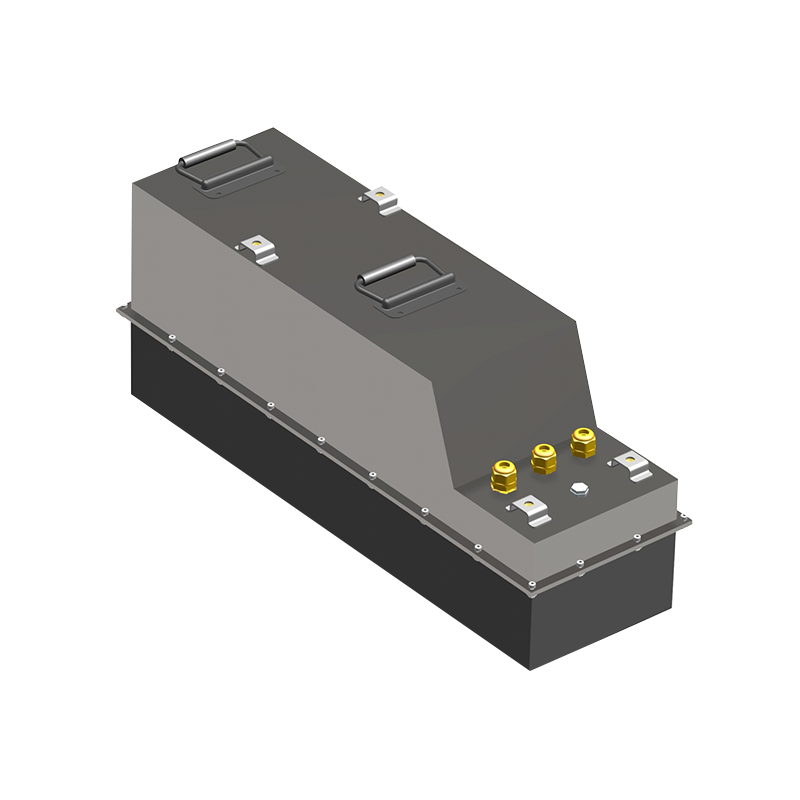Web Menu
Product Search
Exit Menu
Home / News / Industry News / The Versatile Powerhouse: Exploring The World Of Industrial Energy Storage Batteries
The Versatile Powerhouse: Exploring The World Of Industrial Energy Storage Batteries
Feb-26-2024
In an era defined by renewable energy and smart grid technologies, industrial energy storage batteries have emerged as a critical component in balancing supply and demand for electricity. These powerful devices are designed to store large amounts of energy, which can then be dispatched when needed to support industrial operations or stabilize power grids. As we delve deeper into the world of energy storage, it becomes evident that industrial energy storage batteries play a multifaceted role in our energy ecosystem.
One of the primary functions of industrial energy storage batteries is to provide power during peak demand periods. By storing energy during times of low demand, these batteries can release it when the consumption surges, helping to prevent blackouts and brownouts. This capability is particularly valuable for industries that require consistent and reliable power, such as manufacturing and data centers.
Another important application of industrial energy storage batteries is in the integration of renewable energy sources like wind and solar. The intermittent nature of these sources can make them less predictable than traditional fossil fuel power plants. However, when paired with energy storage systems, the variability of renewables becomes less of an issue. Industrial energy storage batteries can capture excess energy produced during periods of high output from wind turbines or solar panels and store it for later use, enhancing the overall efficiency and reliability of green energy solutions.
The design of industrial energy storage batteries is typically robust and scalable to meet the diverse needs of different industries. They often feature advanced chemistries such as lithium-ion, sodium-sulfur, or flow batteries, each with its own set of advantages in terms of capacity, charge/discharge rates, and longevity. For instance, lithium-ion batteries are popular for their high energy density and long lifespan, while flow batteries are known for their ability to provide sustained power output over extended periods.
Safety is an important concern when dealing with industrial energy storage batteries, given the significant amount of energy they contain. Manufacturers invest heavily in research and development to ensure that these batteries meet strict safety standards. Features such as thermal management systems, overcharge protection, and robust casings are integrated into the design to mitigate risks associated with operating at high capacities.
Furthermore, industrial energy storage batteries contribute to environmental sustainability efforts by reducing reliance on fossil fuels and promoting cleaner production processes. They enable industries to shift towards using energy generated from renewable sources, thus decreasing carbon footprints and aligning with global climate change initiatives.
As the technology behind industrial energy storage batteries continues to evolve, so does their potential application range. From off-grid power solutions for remote industrial sites to frequency regulation and ancillary services for power grids, the flexibility of these systems is remarkable. They hold the promise of revolutionizing how we think about energy management and distribution.
The advent of industrial energy storage batteries signifies a monumental shift in the way we store and utilize energy. With their ability to enhance grid stability, promote renewable energy adoption, and provide reliable power for industrial applications, these batteries are poised to play an increasingly vital role in our energy landscape. As we look towards a future where energy efficiency and sustainability are important, industrial energy storage batteries stand as a beacon of innovation and possibility, ready to power the industries of tomorrow.
PREV:Exploring the Versatility of Cylindrical Cell ModulesNEXT:Exploring The Role Of The Industrial Utility Vehicle Battery
Leave Your Message
Products
Contact Us
-

+86-13049701086
-

Stonehuang@CGONEN.com
-

No.88, Huji Road, Taizhou Bay Binhai New Area, Jiaojiang District, Taizhou City, Zhejiang Province, China











